Animals
-
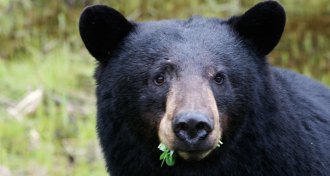 Animals
AnimalsAnt-eating bears help plants
A complex web of interactions gives a boost to rabbitbrush plants when black bears consume ants.
-
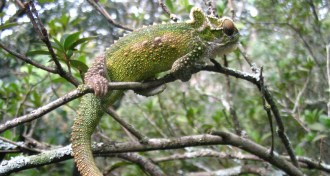 Animals
AnimalsChameleon tongue power underestimated
A South African chameleon species can shoot its tongue with up to 41,000 watts of power per kilogram of muscle involved, a new study finds.
By Susan Milius -
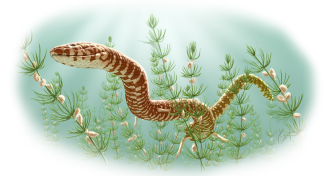 Paleontology
PaleontologySnakes crawled among Jurassic dinosaurs, new timeline says
Earliest snake fossils provide evidence snakes evolved their flexible skulls before their long, limbless bodies.
-
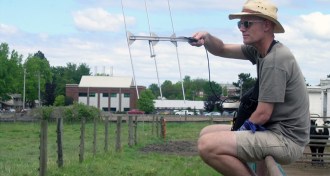 Life
LifeFast and furious: The real lives of swallows
In the fields of Oregon, scientists learn flight tricks from swallows.
By Nsikan Akpan -
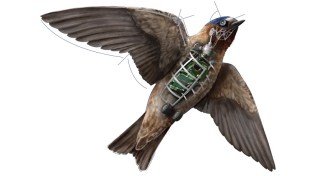 Life
LifeFlying animals can teach drones a thing or two
Scientists have turned to Mother Nature’s most adept aerial acrobats — birds, bees, bats and other animals — to inspire their designs for self-directed drones.
By Nsikan Akpan -
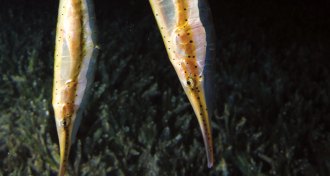
-
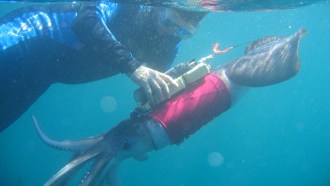 Animals
AnimalsHumboldt squid flash and flicker
Scientists capture the color-changing behavior of Humboldt squid in the wild.
-
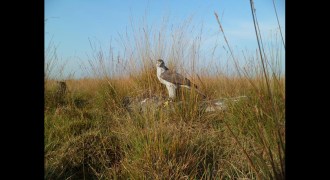 Animals
AnimalsIf pursued by a goshawk, make a sharp turn
Scientists put a tiny camera on a northern goshawk and watched it hunt. The bird used several strategies to catch prey, failing only when its targets made a sharp turn.
-
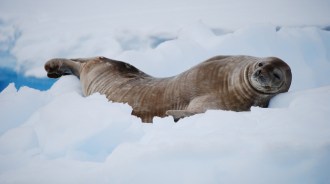 Animals
AnimalsDiving marine mammals take deep prey plunges to heart
In spite of their diving prowess, Weddell seals and bottlenosed dolphins experience irregular heart rates when they venture beyond 200 meters under the sea.
-
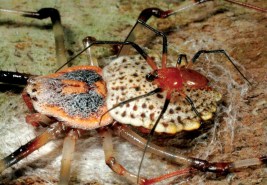 Animals
AnimalsCringe away, guys — this spider bites off his own genitals
After sex, a male coin spider will chew off his own genitals, an act that might help secure his paternity.
-
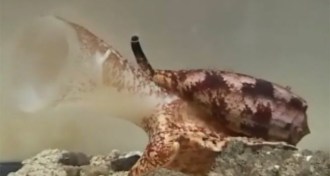 Animals
AnimalsCone snail deploys insulin to slow speedy prey
Fish-hunting cone snails turns insulin into a weapon that drops their prey’s blood sugar and eases capture.
By Susan Milius -
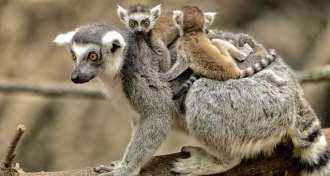 Animals
AnimalsLemurs aren’t pets
The first survey of lemur ownership in Madagascar finds that thousands of the rare primates are held in households.